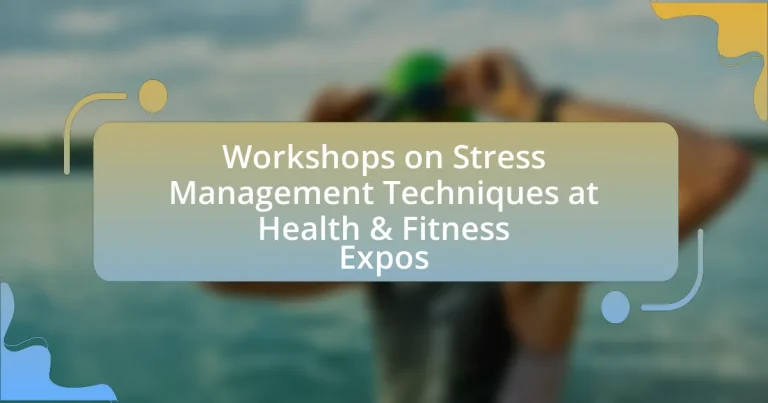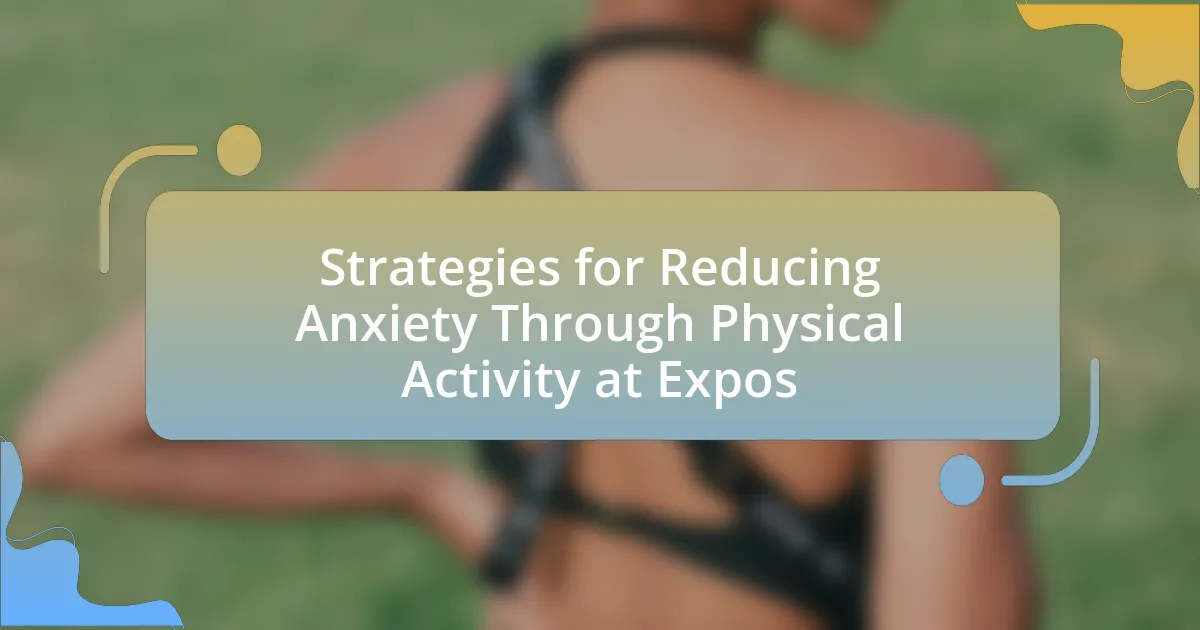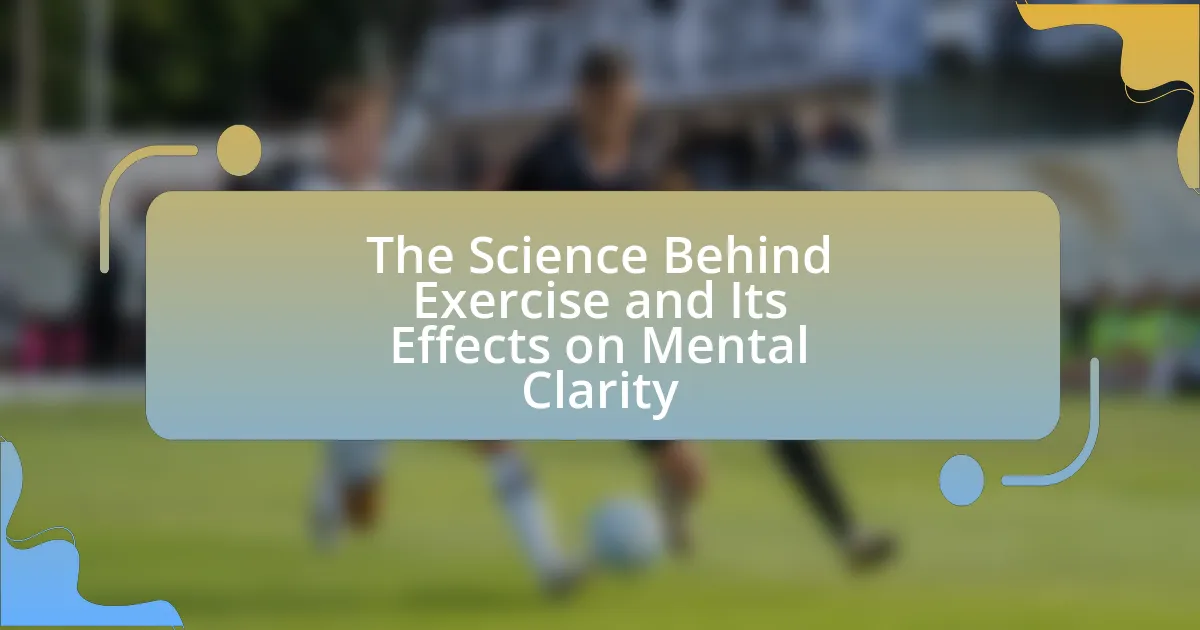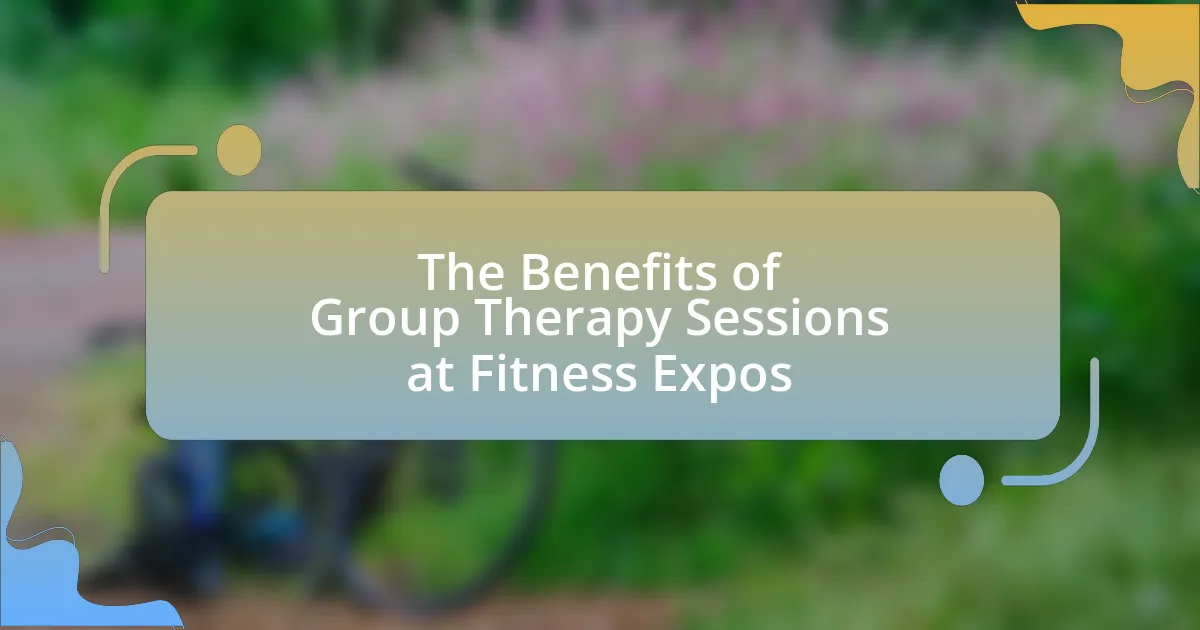Workshops on Stress Management Techniques at Health & Fitness Expos are structured sessions aimed at educating participants on effective methods for managing stress. These workshops cover various techniques, including mindfulness meditation, deep breathing exercises, and cognitive-behavioral strategies, which have been shown to improve mental well-being and reduce stress levels. Participants benefit from practical skills that enhance emotional resilience and coping mechanisms, contributing to overall health and wellness. Health & Fitness Expos serve as vital platforms for these workshops, promoting mental health awareness and facilitating access to valuable resources for stress management.

What are Workshops on Stress Management Techniques at Health & Fitness Expos?
Workshops on Stress Management Techniques at Health & Fitness Expos are structured sessions designed to educate participants on effective methods for managing stress. These workshops typically include practical exercises, guided relaxation techniques, and discussions on the physiological and psychological impacts of stress. Research indicates that such workshops can significantly improve participants’ coping strategies and overall well-being, as evidenced by studies showing a reduction in stress levels among attendees who engage in these activities.
How do these workshops contribute to overall health and wellness?
Workshops on stress management techniques contribute to overall health and wellness by equipping participants with practical skills to reduce stress and improve mental well-being. These workshops often include evidence-based practices such as mindfulness, breathing exercises, and cognitive behavioral strategies, which have been shown to lower cortisol levels and enhance emotional resilience. Research indicates that effective stress management can lead to improved physical health outcomes, including lower blood pressure and reduced risk of chronic diseases, as highlighted in studies published in the Journal of Health Psychology. By fostering a supportive environment, these workshops also promote social connections, which are essential for mental health and overall wellness.
What specific stress management techniques are typically taught in these workshops?
Workshops on stress management techniques typically teach mindfulness meditation, deep breathing exercises, progressive muscle relaxation, and cognitive-behavioral strategies. Mindfulness meditation helps participants focus on the present moment, reducing anxiety and promoting emotional regulation. Deep breathing exercises facilitate relaxation by lowering heart rate and decreasing stress hormones. Progressive muscle relaxation involves systematically tensing and relaxing muscle groups, which can alleviate physical tension associated with stress. Cognitive-behavioral strategies provide tools for identifying and reframing negative thought patterns, enhancing coping mechanisms. These techniques are supported by research indicating their effectiveness in reducing stress and improving overall mental health.
How do participants benefit from learning stress management techniques?
Participants benefit from learning stress management techniques by gaining effective tools to reduce anxiety and improve overall well-being. These techniques, such as mindfulness, deep breathing, and cognitive restructuring, empower individuals to manage their stress responses more effectively. Research indicates that practicing these methods can lead to a significant decrease in stress levels, with studies showing that mindfulness-based stress reduction can lower cortisol levels by up to 30%. Additionally, participants often report enhanced emotional resilience and improved coping strategies, which contribute to better mental health outcomes.
Why are Health & Fitness Expos important for stress management workshops?
Health & Fitness Expos are important for stress management workshops because they provide a platform for education, networking, and access to resources that enhance stress reduction techniques. These expos attract a diverse audience interested in health and wellness, allowing stress management workshops to reach individuals who may benefit from learning effective coping strategies. Additionally, the presence of various health professionals and wellness products at these events fosters an environment conducive to holistic well-being, which is essential for effective stress management. Research indicates that exposure to health resources and community support significantly improves stress management outcomes, making these expos a vital component in promoting mental health awareness and practices.
What role do expos play in promoting mental health awareness?
Expos play a crucial role in promoting mental health awareness by providing a platform for education, resources, and community engagement. These events often feature workshops, seminars, and informational booths that focus on mental health topics, allowing attendees to learn about stress management techniques and mental wellness strategies. For instance, health and fitness expos frequently include expert-led sessions that address the importance of mental health, thereby increasing public understanding and reducing stigma. Research indicates that community events like expos can significantly enhance awareness and knowledge about mental health issues, leading to improved public attitudes and increased help-seeking behavior.
How do expos facilitate access to stress management resources?
Expos facilitate access to stress management resources by providing a centralized platform where attendees can engage with various workshops, seminars, and informational booths focused on stress reduction techniques. These events often feature expert speakers and practitioners who offer practical strategies, such as mindfulness, yoga, and cognitive behavioral techniques, which attendees can implement in their daily lives. For instance, a study published in the Journal of Health Psychology found that participants who attended stress management workshops reported a significant decrease in stress levels and improved coping mechanisms. This evidence underscores the effectiveness of expos in connecting individuals with valuable resources and knowledge for managing stress.
Who typically attends these workshops at Health & Fitness Expos?
Health and Fitness Expos typically attract a diverse audience, including fitness enthusiasts, health professionals, and individuals seeking stress management techniques. These workshops are often attended by personal trainers, wellness coaches, healthcare providers, and general attendees interested in improving their mental well-being. The presence of these varied participants underscores the growing recognition of stress management as a vital component of overall health, supported by research indicating that stress reduction techniques can enhance physical and mental health outcomes.
What demographics are most interested in stress management techniques?
Individuals aged 25 to 55, particularly women, are most interested in stress management techniques. This demographic often experiences significant life stressors such as career pressures, family responsibilities, and health concerns. Research indicates that women are more likely to seek out stress relief methods, with studies showing that they report higher levels of stress and anxiety compared to men. Additionally, professionals in high-stress occupations, such as healthcare and education, also show a strong interest in stress management techniques, as they face unique challenges that contribute to their stress levels.
How do different attendee backgrounds influence workshop dynamics?
Different attendee backgrounds significantly influence workshop dynamics by shaping interactions, participation levels, and the overall learning environment. For instance, attendees with diverse professional experiences may bring varied perspectives, enhancing discussions and problem-solving approaches. Research indicates that diversity in backgrounds fosters creativity and innovation, as highlighted in a study by Page (2007) in “The Difference: How the Power of Diversity Creates Better Groups, Firms, Schools, and Societies,” which shows that diverse groups outperform homogeneous ones in complex tasks. Additionally, cultural backgrounds can affect communication styles and comfort levels in sharing personal experiences, impacting group cohesion and engagement. Therefore, understanding these dynamics is crucial for facilitators to tailor their approaches and maximize the effectiveness of stress management workshops.
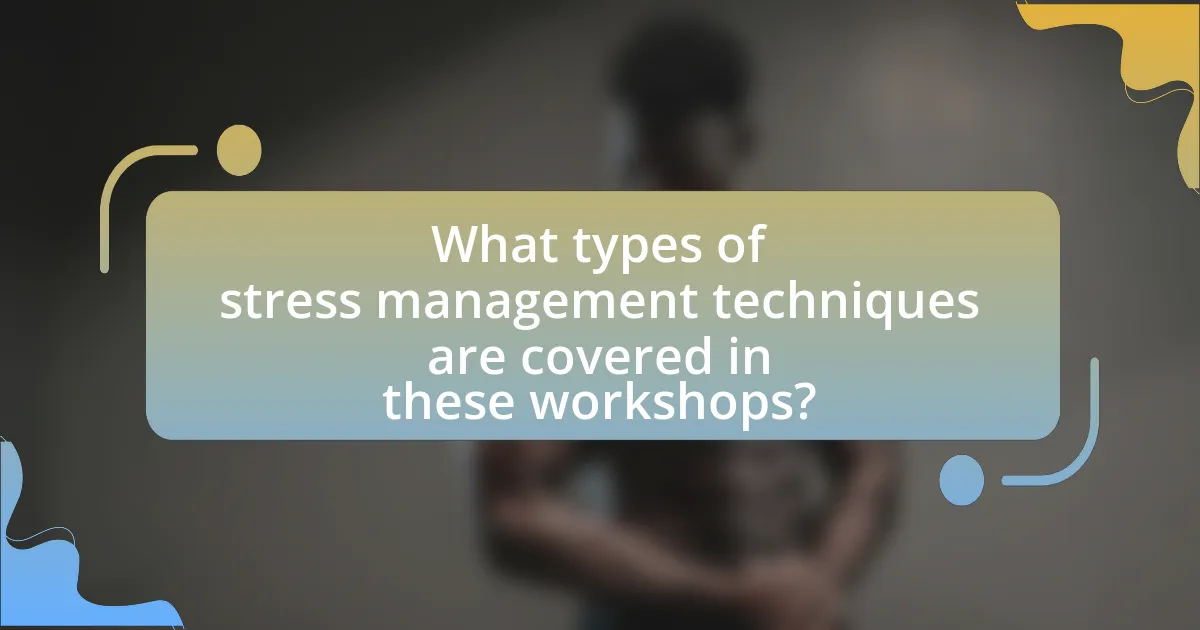
What types of stress management techniques are covered in these workshops?
The workshops on stress management techniques at Health & Fitness Expos cover various methods including mindfulness meditation, deep breathing exercises, progressive muscle relaxation, and cognitive-behavioral strategies. These techniques are designed to help participants effectively manage stress by promoting relaxation, enhancing emotional regulation, and improving overall mental well-being. Research indicates that mindfulness meditation can reduce stress levels by fostering a greater awareness of the present moment, while deep breathing exercises have been shown to activate the body’s relaxation response, thereby decreasing physiological stress markers.
How are mindfulness and meditation integrated into stress management workshops?
Mindfulness and meditation are integrated into stress management workshops by incorporating structured practices that promote awareness and relaxation. These workshops typically include guided meditation sessions, mindfulness exercises, and discussions on the benefits of being present, which help participants develop coping strategies for stress. Research indicates that mindfulness-based stress reduction (MBSR) programs can lead to significant decreases in stress levels, as evidenced by a study published in the Journal of Health Psychology, which found that participants experienced a 30% reduction in perceived stress after completing an MBSR program. This integration allows attendees to experience firsthand the effectiveness of these techniques in managing stress.
What practices are taught to enhance mindfulness during the workshops?
Workshops on Stress Management Techniques at Health & Fitness Expos teach practices such as meditation, deep breathing exercises, and body scanning to enhance mindfulness. These practices are designed to help participants focus on the present moment, reduce stress, and improve overall mental well-being. For instance, meditation has been shown to decrease anxiety and increase emotional regulation, while deep breathing exercises can lower heart rate and promote relaxation. Body scanning encourages awareness of physical sensations, fostering a deeper connection between mind and body.
How does meditation contribute to stress reduction in participants?
Meditation contributes to stress reduction in participants by promoting relaxation and enhancing emotional regulation. Research indicates that regular meditation practice can lower levels of cortisol, a hormone associated with stress, thereby reducing physiological stress responses. A study published in the journal Health Psychology found that participants who engaged in mindfulness meditation experienced significant decreases in perceived stress and anxiety levels compared to those who did not meditate. This evidence supports the effectiveness of meditation as a tool for managing stress in various settings, including workshops focused on stress management techniques.
What physical activities are included in stress management workshops?
Stress management workshops typically include physical activities such as yoga, tai chi, guided meditation, and aerobic exercises. These activities are designed to promote relaxation, enhance physical fitness, and reduce stress levels. Research indicates that engaging in yoga can lower cortisol levels, a hormone associated with stress, while tai chi has been shown to improve mental well-being and reduce anxiety. Additionally, aerobic exercises release endorphins, which are known to elevate mood and alleviate stress.
How do yoga and exercise play a role in stress relief?
Yoga and exercise significantly contribute to stress relief by promoting relaxation and reducing anxiety levels. Engaging in physical activity, such as yoga or aerobic exercises, triggers the release of endorphins, which are natural mood lifters. Research published in the Journal of Clinical Psychology indicates that regular yoga practice can decrease cortisol levels, the hormone associated with stress, thereby enhancing overall emotional well-being. Additionally, both yoga and exercise improve sleep quality, which is crucial for managing stress effectively.
What types of physical exercises are most effective for stress management?
Aerobic exercises, such as running, swimming, and cycling, are most effective for stress management. These activities increase the production of endorphins, which are natural mood lifters, and reduce levels of stress hormones like cortisol. Research published in the Journal of Clinical Psychiatry indicates that regular aerobic exercise can significantly decrease anxiety and depression symptoms, providing a clear link between physical activity and improved mental health. Additionally, yoga and tai chi, which combine physical movement with mindfulness, have been shown to enhance relaxation and reduce stress levels, as supported by studies in the Journal of Alternative and Complementary Medicine.
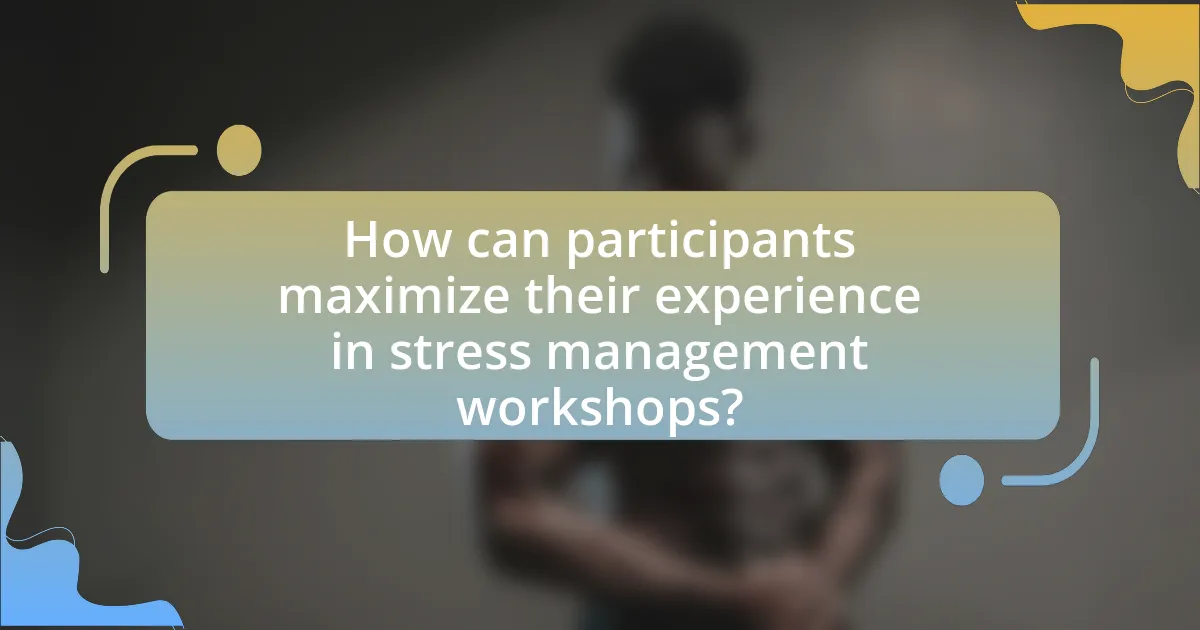
How can participants maximize their experience in stress management workshops?
Participants can maximize their experience in stress management workshops by actively engaging in all activities and applying learned techniques in real-time. Engaging fully allows participants to practice stress reduction methods, such as mindfulness and breathing exercises, which have been shown to reduce stress levels significantly. Research indicates that active participation enhances retention of information and skills, leading to better outcomes in stress management (American Psychological Association, 2020). Additionally, participants should come prepared with specific stressors they wish to address, as this focus can lead to more personalized guidance from facilitators, further enhancing the workshop’s effectiveness.
What preparation should attendees undertake before attending a workshop?
Attendees should review the workshop agenda and materials beforehand to maximize their learning experience. Familiarizing themselves with the topics to be covered allows participants to engage more effectively and ask relevant questions. Additionally, attendees should consider their personal stress management goals, as this will help them identify which techniques discussed may be most beneficial for their individual needs. Research indicates that pre-workshop preparation enhances retention and application of new skills, making it crucial for effective participation in stress management workshops.
How can participants set personal goals for the workshop?
Participants can set personal goals for the workshop by first identifying specific areas of stress they wish to address. This involves reflecting on their current stressors and determining what outcomes they hope to achieve, such as improved coping strategies or enhanced relaxation techniques. Research indicates that goal-setting enhances motivation and focus, which is crucial in a workshop setting. For instance, a study published in the Journal of Applied Psychology found that participants who set specific and challenging goals performed better than those who did not. By articulating clear, measurable objectives, participants can track their progress and ensure that the workshop meets their individual needs.
What mindset should attendees adopt to benefit fully from the experience?
Attendees should adopt an open and proactive mindset to fully benefit from workshops on stress management techniques at health and fitness expos. This mindset encourages participants to engage actively with the material, ask questions, and practice techniques during the sessions. Research indicates that active participation enhances learning retention, with studies showing that individuals who engage in hands-on activities retain information up to 75% better than those who passively observe. By being open to new ideas and willing to experiment with different stress management strategies, attendees can maximize their experience and apply these techniques effectively in their daily lives.
What follow-up actions can participants take after the workshops?
Participants can take several follow-up actions after the workshops on stress management techniques. They can implement the techniques learned during the workshop into their daily routines, such as practicing mindfulness or engaging in regular physical activity to manage stress effectively. Additionally, participants can join support groups or online forums to share experiences and strategies with others, fostering a community of practice. They may also seek further education by enrolling in advanced courses or workshops to deepen their understanding of stress management. Lastly, participants can provide feedback to the workshop organizers, which can help improve future sessions and tailor content to better meet the needs of attendees.
How can attendees implement learned techniques in their daily lives?
Attendees can implement learned techniques in their daily lives by integrating specific stress management practices into their routines. For example, they can schedule regular mindfulness sessions, such as meditation or deep-breathing exercises, which have been shown to reduce stress levels significantly. Research published in the Journal of Health Psychology indicates that mindfulness practices can lower cortisol levels, a key stress hormone, thereby enhancing overall well-being. Additionally, attendees can create a stress management plan that includes physical activities like yoga or walking, which are proven to improve mood and reduce anxiety. By consistently applying these techniques, attendees can effectively manage stress and improve their quality of life.
What resources are available for continued learning and practice?
Resources available for continued learning and practice in stress management techniques include online courses, workshops, and literature. Online platforms like Coursera and Udemy offer courses specifically focused on stress management, often developed by universities or experts in psychology. Workshops at Health & Fitness Expos provide hands-on experience and direct interaction with professionals, enhancing practical skills. Additionally, books and research articles on stress management techniques, such as “The Relaxation and Stress Reduction Workbook” by Martha Davis, provide valuable insights and methods for ongoing practice. These resources collectively support individuals in deepening their understanding and application of stress management strategies.
What are some best practices for engaging in stress management workshops?
To effectively engage in stress management workshops, participants should actively practice mindfulness techniques, as studies show that mindfulness can reduce stress levels by up to 30%. Engaging in activities such as guided meditation, deep breathing exercises, and interactive discussions fosters a supportive environment. Additionally, setting personal goals during the workshop enhances commitment; research indicates that goal-setting can improve outcomes by 25%. Participants should also share personal experiences to create a sense of community, which has been shown to increase retention of stress management techniques by 40%.
